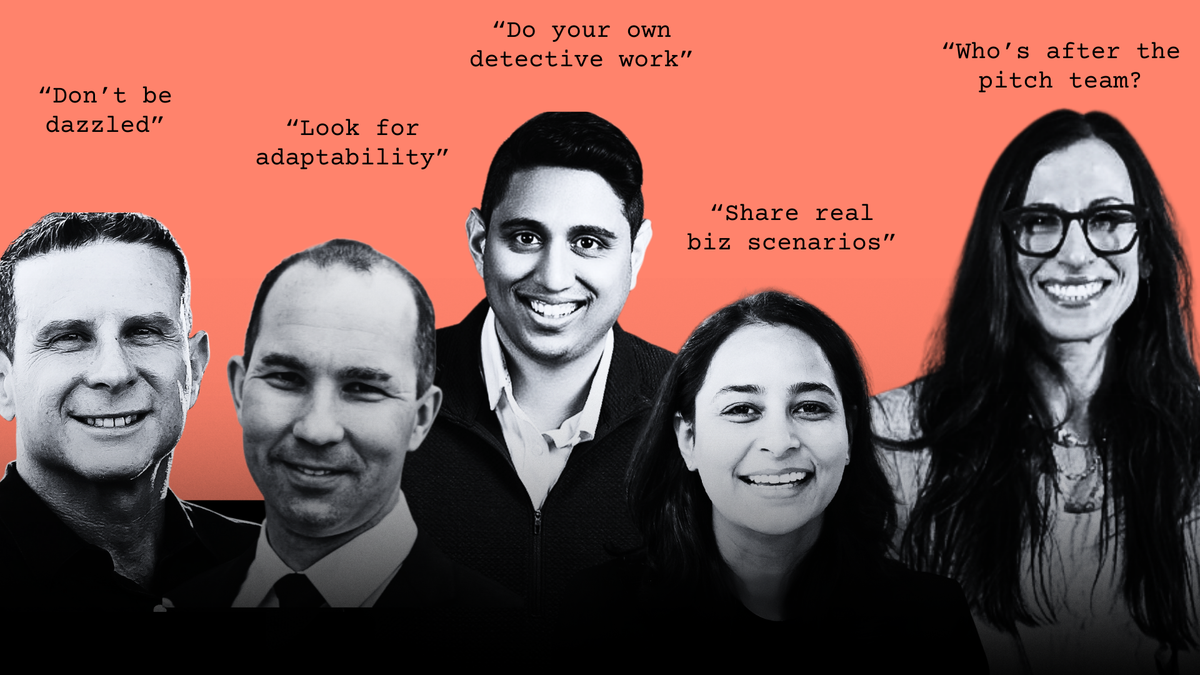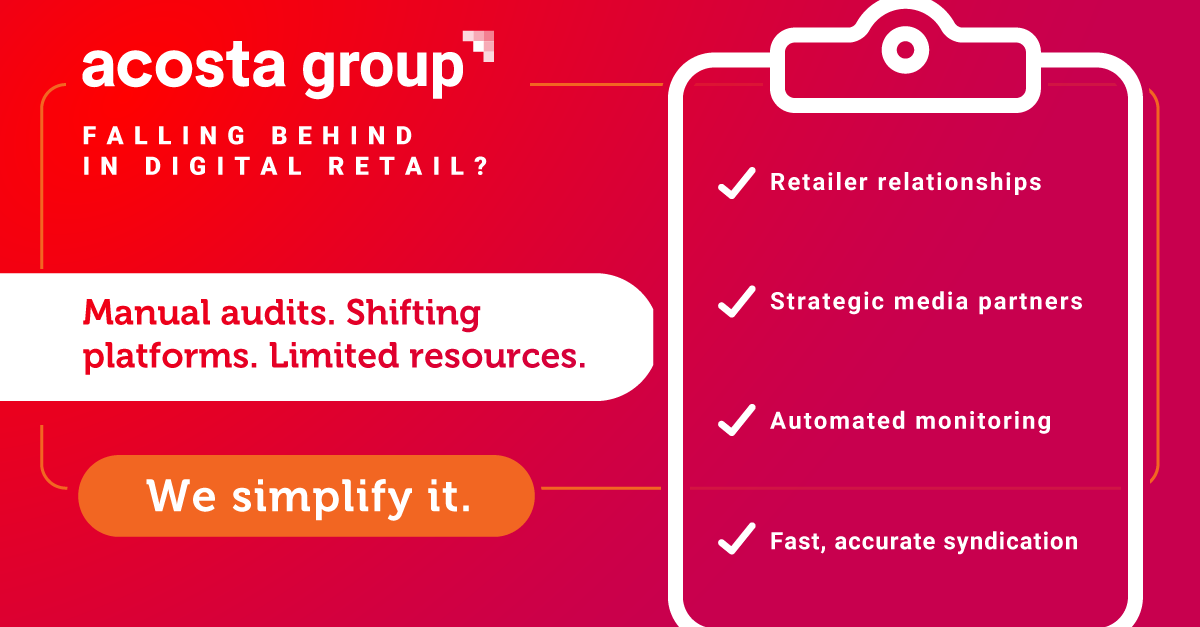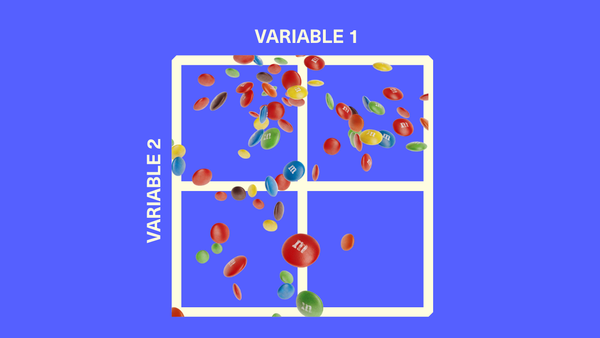Underrated Advice for Choosing a Retail Media Agency Partner
The best partnerships aren't built on impressive portfolios alone, but on finding agencies that truly understand how to work with your business.

Choosing the right retail media agency can make or break your success, but most brands are asking all the wrong questions. We get so caught up in credentials and case studies that we miss what actually matters: the people you'll be working with every day.
I reached out to several brand-side leaders who've been through the agency selection process to get their most underrated advice. What emerged was a clear pattern - the best partnerships aren't built on impressive portfolios alone, but on finding agencies that truly understand how to work with your business.
Do Your Own Reference Checks
AJ Patel, SVP of Global Growth at U Beauty, says the most important step happens outside the formal RFP process entirely.
"I think that you should always look at the brands which the agency represents," AJ says. "I think it's very telling if a brand is representing super strong partners and actually validating that with the partner who they're working with. Find a contact within that business and making sure that they've had a positive experience with the agency."
His concern? Many agencies present misleading success stories. "A lot of agencies are fluffy in nature. But at the end of the day, they sometimes are a little bit misleading or facetious in a way that they tell their story," AJ says.
The solution is doing your own detective work. "Diving deeper, making sure you are asking for a list of brand references, doing your own external research, and reaching out to the leaders of those companies through LinkedIn is super valuable," he says.
Look for Tech Stack Compatibility
Ben Galvin, Senior Director of Omnichannel Retail Sales and E-commerce at Monster Energy, focuses on something most brands overlook: whether the agency can actually integrate into how you already work.
"Don't just evaluate their experience with retail media, but assess their adaptability to your tech stack or data infrastructure as well as the retailers' data infrastructures as well," Ben says. "Agencies that can integrate seamlessly into your workflows are far more valuable than those with just a big name portfolio or performance data or frankly, connections to multiple retailers."
His example is practical: "If you're a company that you work with Microsoft and you work on the Power BI platform, that agency being able to connect to your Power BI platform, which your leadership is used to seeing is critical."
The payoff extends beyond convenience. "The more you can adapt to their cadences, their technologies, frankly, their way of reporting, the better off everyone's gonna be," Ben says.
Acosta Group’s retailer intimacy is legendary—merchants answer their calls. You're not going to find that access at the same scale with any other partner out there. That expertise with both retailers and shoppers fuels its Connected Commerce team, which offers digital shelf, retail media, and data analytics all under one roof. Tap into 100 years of retailer relationships and award-winning digital commerce capabilities. Learn more at Acosta.Group
Size Matters - But Not How You Think
Darren Silverman, SVP of Digital Commerce and Media at Petmate, warns against being dazzled by big agency names without considering fit.
"I think underrated advice and when we started working and looking at agencies and looking at partners, we were mesmerized by the big names. I do think you have to really look at an agency that's the right scale for where your business is at this point in time," Darren says.
The risk with prestigious agencies? "There are some great high credential agencies with huge clients and big names, and they might be within your budget, but whether you're going to get the right level of attention or understanding if you are at a mid-size or even smaller emerging business could be pretty complicated," he says.
His bottom line: "Biggest is definitely not always best in this space."
Meet Your Actual Team
Ash McMullen, Head of E-commerce at Advantice Health, cuts straight to what might be the most common agency selection mistake.
"Is the team that's pitching to you going to be the team that you're working with? And are they the right culture fit?" Ash says. "Because you can have the greatest pitch ever by a team you'll never see again. And it really matters to like meet and collaborate with the team that you will be working with that will be supporting your business during that RFP process."
But compatibility goes beyond just meeting the right people. Ash also emphasizes finding partners who will push your thinking: "Are they smarter than you? And are they going to push you outside the box and bring that thought leadership to the table."
Skip the Generic Pitch
Jyoti Malik, Senior Director of E-commerce at Belkin, advocates for ditching the standard RFP approach entirely in favor of real business conversations.
"Don't focus on just the general capability questions, the case studies, the RFP template and sort of a pitch based conversation, but really have an immersive discussion about the business, the landscape, the goals, the challenges, the good and bad on the table," Jyoti says.
Her practical recommendation: "Have one or two real priority scenarios for the business and have a conversation around how the agency team will approach them as part of the partner selection exercise."
The result is better decision-making for both sides. "The brand can look at the responses across the different candidates as well as against brand's own business needs and criteria, and see what works best," she says.
The Bottom Line
What emerges from these insights is that the best agency partnerships aren't built on impressive credentials alone, but on finding teams that understand how to work within your specific business context. Whether it's technical integration, cultural fit, or the right level of attention for your business size, the most successful partnerships happen when brands look beyond the pitch deck to evaluate the practical realities of working together every day.






